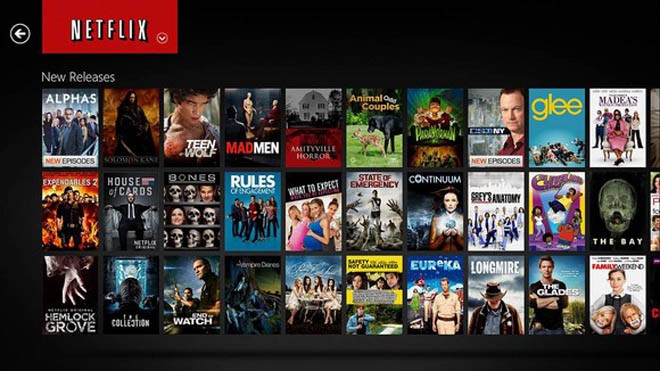
How much is youth culture being influenced by American content online?

Dear All,
Last week Britain’s public broadcaster announced plans for increased children’s programming as its bosses expressed fear that the British youth culture is being shaped increasingly by the American tech giants.
The main tech giants mentioned were not just (the insidious, ever monitoring) Facebook, but also the providers of non-television entertainment, the pioneer in this field, Netflix, and its competitor, Amazon. Both the latter and the former provide an alternative to television, that is like television but not television, in that the content can be viewed directly online. Recent Netflix hits for example have included royal docudrama The Crown and the political thriller House of Cards, neither of which were made for a tv network but were able to gain huge audiences and generate much comment.
This reflects, of course, the way in which people’s consumption of entertainment has changed in this century. Netflix has provided an alternative to tv which is similar to the video rental store but far, far more convenient. A subscription provides you with a dazzling selection of films and shows, plus you can continue watching from whatever point you may have left off at -- and you are remembered and guided into binge watching by being provided new episodes automatically.
In terms of influencing youngsters, Netflix simply continues what American cable channels began when homes across the globe began to have channels like Cartoon Network, Nickleodeon and Disney beamed into their homes via satellite dishes. A whole generation of children born in the 1990s has grown up speaking English with Cartoon Network accents. My own offspring, who never lived in the US, were often told they sounded American, and I knew it was due to their compulsive viewing of these channels and the ‘American as apple pie’ type shows that they watched.
But whereas previously this programming was on tap for homes, it is now on tap for individuals: available on their personal phones, tablets and computers.
And, in the last two decades, we have witnessed how American high school culture, for example has influenced youngsters outside the US. In Britain, for example, Halloween has caught on so widely that now trick-or-treat has become an annual feature -- much to the delight of retailers. Similarly the high school ‘prom’ and all its attendant teen concerns has become a part of youth culture -- its influence much enhanced, sort of ‘Grease to the power of 100’.
Entertainment is just entertainment, you may argue but there is something undeniably insidious about what the consumption of such entertainment normalises, and the values and practices it propagates. And there’s no denying its addictive and opiate nature.
I myself am currently addicted to an American legal drama called Suits which centres around the Machiavellian intrigues and power politics within a New York law firm (one of its actors, Meghan Markle, has been much in the news because of her involvement with Prince Harry).
I don’t much like any of the narcissistic characters or the never-ending deceptions and cleverness but I persist in watching the show because it is all so compelling. Yet I often wonder about its message and its negative influences. The women, for example, all strut around in plunging necklines, impossibly high heels and skirts so narrow and hip enhancing that they can hardly walk at a pace. Even the powerful female character, the firm’s managing partner, dresses in this manner. The female characters are habitually referred to by the men as ‘hot’ (or not) and constantly judged by their appearance. The only normal female character in the show was perhaps a grandmother, who is removed by Season 2 anyway.
I can consume the show with an awareness of this portrayal and its sexist politics perhaps because of years of being made aware of the issues involved, but will this necessarily be true of younger viewers?
Cultural colonialism is an app of life. And we should be aware of this fact.
Best wishes,